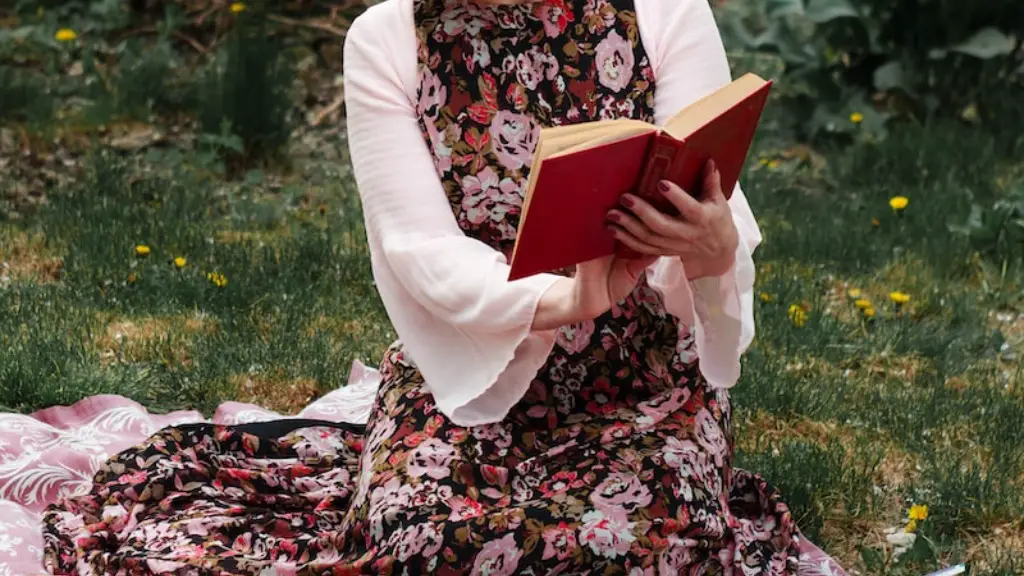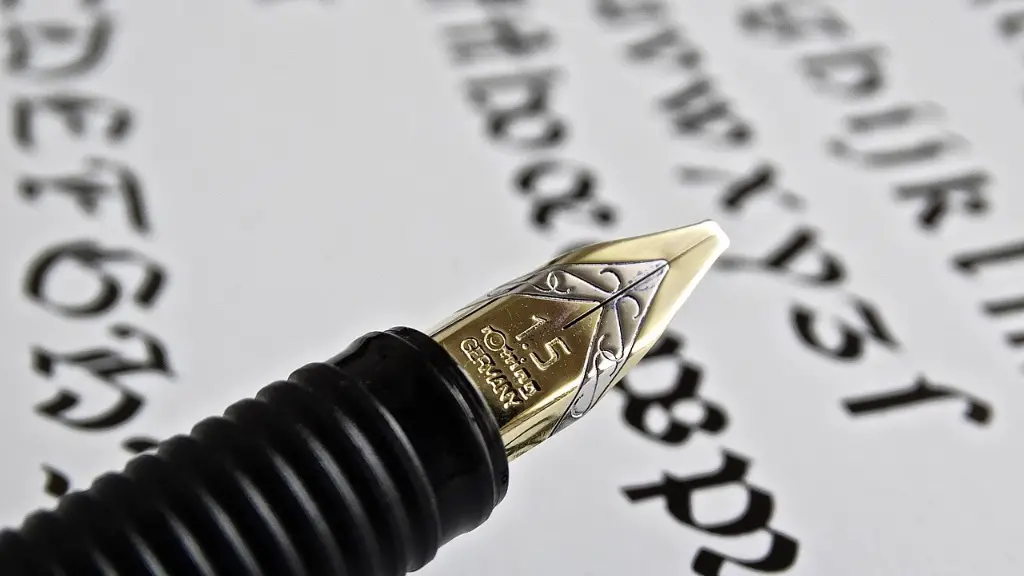Section 1: Overview & Publication Platforms
When it comes to creating a blog for poetry, the first thing to consider is the type of platform you want to use. A popular choice for writing poetry is WordPress, due to its easy to use functionality, vast library of templates and customization options, and its cost effective nature. Other platforms such as Blogger, Squarespace and Tumblr also provide a good user experience, with features such as drag & drop design and collaboration tools.
When deciding on a platform to host your poetry blog, consider the type of features you need and which platform is best suited to providing them. It’s also worth considering which platform is most popular with your target audience, which can help increase readership.
Section 2: Design & Layout
Once you have selected a platform for your poetry blog, the next step is to choose a template and create a layout that best suits your needs. A template that compliments the content of your blog and enhances its visual attractiveness is key to capturing the attention of readers. When reviewing templates, consider its readability, professionalism, mobile-friendliness, customizability and whether or not it matches the overall look and feel you are going for.
When designing the layout of your blog, think about how you want the content to be organized. Content should be easy to find and easily accessible. Choose fonts and colors strategically and use relevant images and icons to create an eye-catching design.
Section 3: Content
The content of your poetry blog is the most important element. When creating content, be sure to select topics that engage your audience, as well as poems that showcase your distinctive voice. Research appropriate topics, study the works of established poets, be creative and use relevant keywords to drive traffic to your blog.
You can also connect your blog to social media networks and syndication services, such as Twitter and Feedly, to help build your readership. Don’t forget to optimize for search engines, as this will help increase your visibility.
Section 4: Promotion
In order to get readership, it’s important to make sure your blog is promoted effectively. This includes submitting your blog to search engines, using social media to promote your blog, and using other online services such as Google AdSense or Facebook Ads, which can help you reach a wider audience and build a solid readership.
You can also create a mailing list to keep your readers up to date on new content and any special offers and discounts you may have. Additionally, you can reach out to other bloggers in your niche and form relationships with them, which can help spread the word about your blog.
Section 5: Writing Style & Format
When creating content for your blog, consider writing techniques like storytelling, emotion evocation and vivid imagery. These techniques draw readers in, creating an emotional connection with them, and can help keep them coming back for more. Take care to write in a consistent format, use correct grammar and adhere to other elements of good writing, such as researching and fact-checking.
Section 6: Personal Branding
A key part of creating a blog for poetry is to build a personal brand. As a blogger, you are the face of your blog and contribute to your online presence. Leverage social media to create an online community to engage with fans, post meaningful content and promote yourself. Create a professional profile and use it to showcase your work, as well as establish yourself as an expert in the field.
Section 7: Monetization & Financials
Once your blog has been established, there are various ways to monetize your work. Strategies such as affiliate marketing, pay-per-click ads, and private sponsorships can help you increase revenue. You can also offer services such as copywriting, private workshops or virtual readings, or create merchandise to supplement your income.
Finally, consider setting up a business plan and budget to ensure the financial success of your blog. Estimate your expenses and set realistic goals to help you achieve them. Consider investing an appropriate percentage of your earnings back into the blog, as this can help it grow, as well as help you plan for the future.
Section 8: Impact & Platforms Growth
When creating a blog for poetry, consider how you intend to measure the impact of your blog. A blog should not only help you reach more readers, but also grow and nurture relationships with your readers, as well as help you gain visibility in the industry.
Analytics can help you track the performance of your blog and keep track of your progress. This can help you identify opportunities for improvement and make adjustments accordingly. Additionally, this data can be used to reach out to potential sponsors, investors and business partners.
Section 9: Networking & Collaboration
Networking and collaborating with like-minded people and organizations can be beneficial for both your blog and yourself. Connect with publishers, literary agents, and other bloggers and poets to exchange ideas and create knowledge sharing opportunities.
Additionally, you can connect with organizations and individuals that have similar passions and interests, or those actively seeking contributors. Joining a professional organization or literary collective can also be beneficial, as they can provide access to publications, contests and other opportunities to promote your work.
Section 10: Final Considerations
Creating a blog for poetry can be a time consuming and long-term endeavour, but also very rewarding. Take time to select a platform and create a design that compliments the content of your blog. Monitor your blog’s progress and make sure that content is properly optimized for search engines. Utilize social media, collaborate with other bloggers and use analytics to help track progress. Finally, build your personal brand to increase visibility and monetize your blog. With dedication and continuously working to refine and improve your blog, you can have a successful poetry blog.


